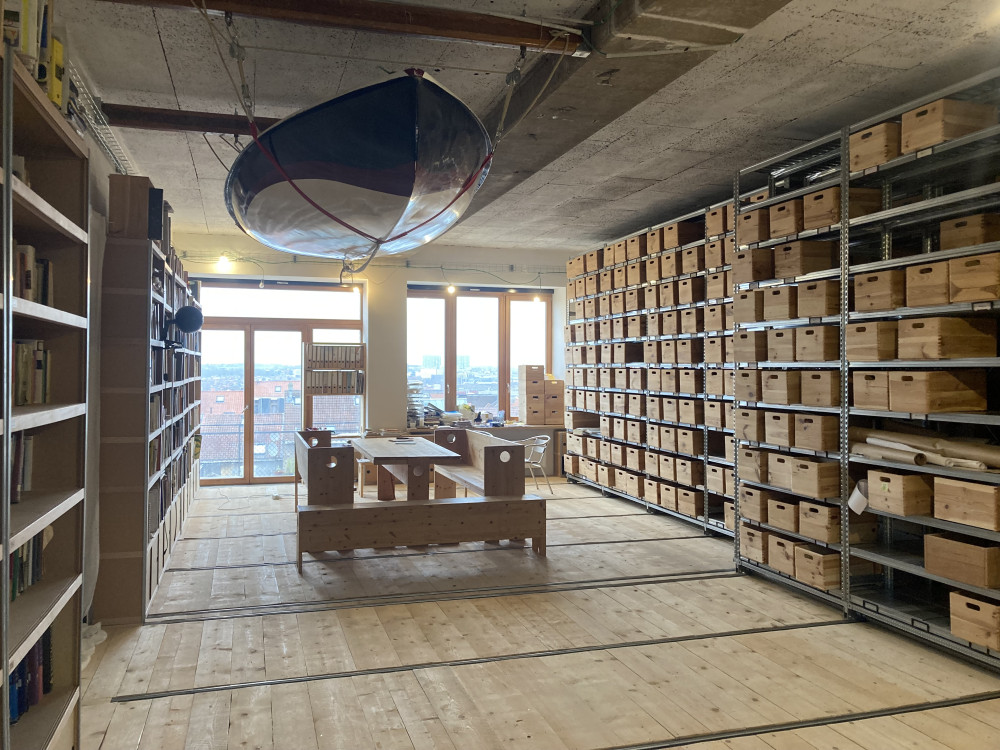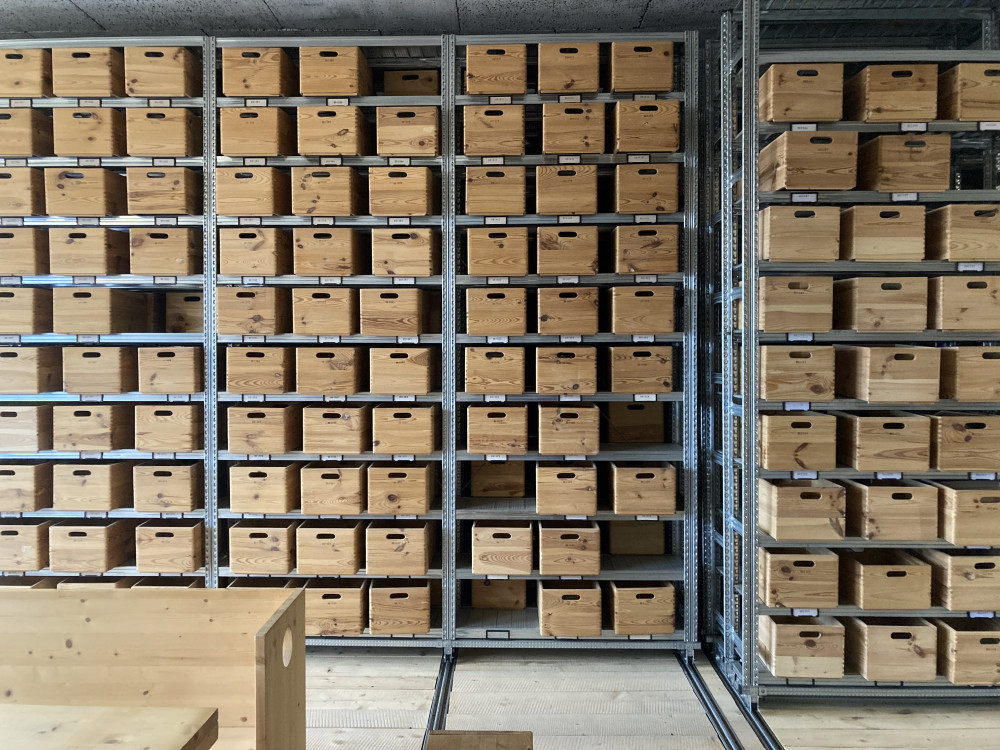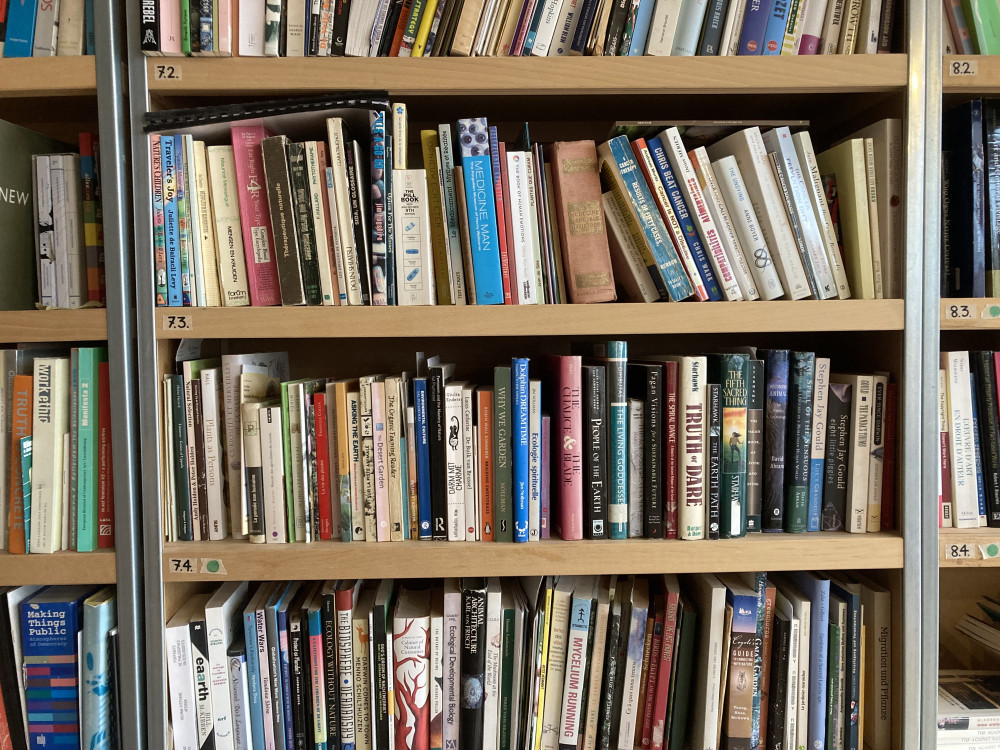Dreaming of the Commons. How can we keep collective practices alive?
With Fleur Courtois, Silvia Mesturini, Marie Moreau (co-founder of the now defunct Bureau des dépositions), Erika Sprey, Mihnea Tănăsescu & Agency

For a year now, the Brussels collective Agency has been busy "dreaming" its future, building a "praticauthèque" [library of practices] and compiling a growing archive of "boundary things" on intersection and outer limits of the law, activism and art. These processes and practices, activated through assemblies and events, are the legacy of artist Kobe Matthys, who passed away last year. But how do we keep them going?
On this eventful day, we take our first and collective shot at "dreaming up" Agency by weaving together the different lifelines that make up its ecosystem. Together with Marie Moreau and the Bureau des dépositions, a structure committed to challenging repressive migration policies in France by attempting to redefine immigrants' rights through copyright and co-authorship, we imagine what might happen to the Bureau after a court ruling prevents its co-creation. With Erika Sprey we try to get a taste of what the future consultation and activation of Agency's library of practices may look like, presenting several dream-like cases in which local cosmologies clash with (post)modern ideas of commodification and enclosure. This exercise sparks a collective dialogue in which Sprey joins Mihnea Tănăsescu to examine how we may grant agency to more-than-human entities, drawing inspiration from several rights of nature cases, and gauging their implications for the custodial care of the commons. We conclude with an experimental session led by Fleur Courtois and Silvia Mesturini, in which we use the philosophical tool of Tarot Souriau to identify challenges and reimagine the future of Agency in pragmatic ways.
The day is hosted at Agency’s Pratiquothèque, Rue Théodore Verhaegen 18, 1000 Brussels. Coffee is served from 09:30, with the session on the Bureau des dépositions starting at 10:00. Lunch is served at 13:00, followed by the Dreamtime Agency session at 14:00 and the Tarot Souriau reading at 17:00. The event is free and will be held in English and French. Please fill in this form to book your spot. The first session (Bureau des dépositions) and the second session (Dreamtime Agency) are limited to 40 people, the tarot reading is limited to 15 people.
Marie Moreau is a visual artist and documentary filmmaker. Between 2001 and 2006, she co-activated Syndicat d'initiatives, which was exhibited several times and showcased at the Paris Biennale in 2006. In 2012 she created Atlas Local, a system for collecting (and peddling) erratic maps. In 2013 she co-created Crossing Maps, a research and creation platform for alternative travel maps which were made clandestine by the immigration laws. Between 2017 and 2023, Moreau continued to work with people concerned and/or segregated by migration policies. She is also one of the founding members of the Bureau des depositions, a creative cell for rethinking justice, co-authorship and cooperative action, whose ten co-authors have made numerous immaterial and performative works since. Moreau has just finished the film Paradis barbarie, which questions environmental law through the stories of a group of people who are ill or in remission, or cured of cancer.
Erika Sprey is a researcher, writer, (para)curator, systemic dynamic constellator and coach for artists and activists. As the former curator-in-chief of Studium Generale at the Royal Academy of Art in The Hague, she developed extensive educational programmes like Wxtch Craft and Earth Craft. Her current independent research project, Dream Craft, completes a trilogy aimed at rewriting Eurocentric colonial histories and recuperating suppressed repositories of knowledge, such as witchcraft and ancestral and local forms of earth care, and dreaming in - and for - the collective.
Mihnea Tănăsescu is a research professor with the Fund for Scientific Research (FRS–FNRS), who teaches at the School of Human and Social Sciences in the Department of Sociology and Anthropology of the University of Mons. His latest books are Ecocene Politics and Understanding the Rights of Nature: A Critical Introduction.
Silvia Mesturini is an anthropologist who teaches at the Ecole de Recherche Graphique in Brussels and at UCLouvain. Her research focuses on Native American medicine in relation to colonial power, as well as the transformation of environments and ways of life into resources. Her work is situated in the intersection of feminist and indigenous epistemologies.
Fleur Courtois is a philosopher, translator and teacher-researcher at the Brussels art schools INSAS and ERG. She is also a member of GECo, the Constructivist Studies group at the ULB. She translates Anglo-Saxon works in the field of environmental science, ecofeminism and ethnography.
Agency is an international initiative and the generic name of an association registered in Brussels, founded in 1992 by Kobe Matthys (1970-2023). Collaborating with researchers, it revolves around a cooperatively owned and continuously growing list of "boundary things" that resist the radical split between the classifications of nature and culture. The list maps out various territories of integrated world capitalism and is mostly derived from controversies and juridical cases involving property, ranging from the start of the enclosures of the commons in the 17th century until the present day. The world’s ecological crisis has rekindled a growing interest in interdependencies and shared environments, based on the reciprocal adaptation to properties. This resurgent inclusive interpretation of property stands in sharp contrast to the exclusive ownership traditionally defined in law. The colonial concept of ownership assumes a fundamental split between culture and nature and consequently plies the logic of "between" − expressions and ideas, creations and facts, subjects and objects, humans and non-humans, originality and tradition, individuals and collectives, mind and body, and so on. Each controversy that is included in the list marks a resistance to these divisions. Agency conjures up these "boundary things" in various "assemblies", which can take the form of exhibitions, performances and publications.

